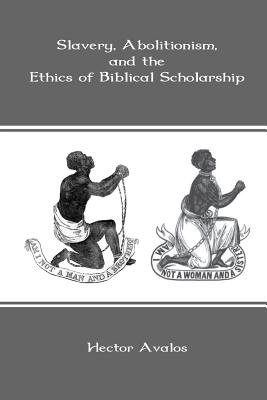
Webster, Rebecca M.
product information
description
ounts the history of the Oneida Nation and its struggles for self-determination. Since the nation's removal from New York in the 1820s to what would become the state of Wisconsin, it has been engaged in legal conflicts with US actors to retain its sovereignty and its lands. Legal scholar and former Oneida Nation senior staff attorney Rebecca M. Webster traces this history, including the nation's treaties with the US but focusing especially on its relationship with the village of Hobart, Wisconsin. Since 2003 there have been six disputes that have led to litigation between the local government and the nation. Central to these disputes are the local government's attempts to regulate the nation and relegate its government to the position of a common landowner, subject to municipal authority. As in so many conflicts between Indigenous nations and local municipalities, the media narrative about the Oneida Nation's battle for sovereignty has been dominated by the local government's standpoint. In Defense of Sovereignty offers another perspective, that of a nation citizen directly involved in the litigation, augmented by contributions from historians, attorneys, and a retired nation employee. It makes an important contribution to public debates about the inherent right of Indigenous nations to continue to exist and exercise self-governance within their territories without being challenged at every turn.
member goods
No member items were found under this heading.
Return Policy
All sales are final
Shipping
No special shipping considerations available.
Shipping fees determined at checkout.







